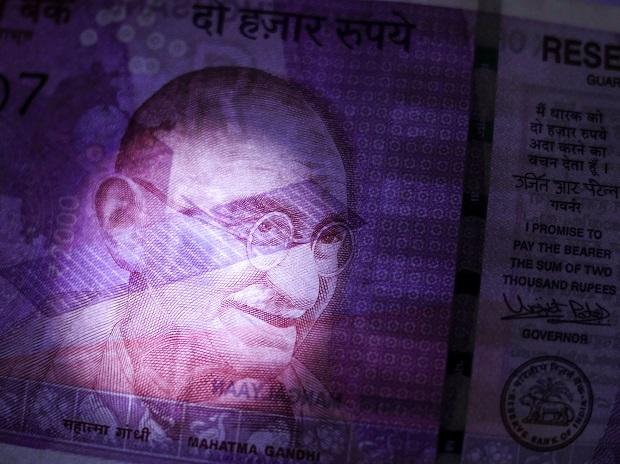India's policymakers have been increasingly concerned about the
growing heft of the rupee trades in venues overseas, and GIFT City as the hub
is known, seeks to fill that gap.
India’s only
international financial hub is seeking to seize a major part of the offshore
rupee trading business within two years, a target that is both ambitious as
well as crucial for its plan to be an alternative global financial gateway.
Prime Minister Narendra Modi wants to pitch India as a new Asian destination
for global fund flows rivaling the likes of Singapore and Hong Kong. The move
comes amid Bejing’s muscle-flexing in Hong Kong through a new national security
law that threatens to undermine the city’s role as a regional financial center.
“One of the key
elements that work in our favor is that there is overall stability in India,”
Tapan Ray, managing director and group chief executive of Gujarat
International Financial Tech City, wrote in an email interview. “There is
predictability in policy.”
The centerpiece of
Modi’s pet project, conceived when he was chief minister of Gujarat state,
offers flexibility in financial transactions with lower taxes and easier
regulations than elsewhere in the country. India’s policymakers have been
increasingly concerned about the growing heft of the rupee trades in venues
overseas, and GIFT
City as the hub is known, seeks to fill that gap.
The hub offers
trading in equities, currencies and commodities, as well as listing of
international bonds. Exchanges located there started trading rupee derivatives
settled in foreign currencies in May. Subsequently, banks who had units in the
hub were allowed by the central bank to trade in offshore FX markets.

No comments:
Post a Comment